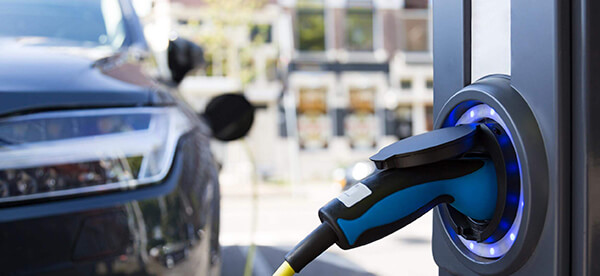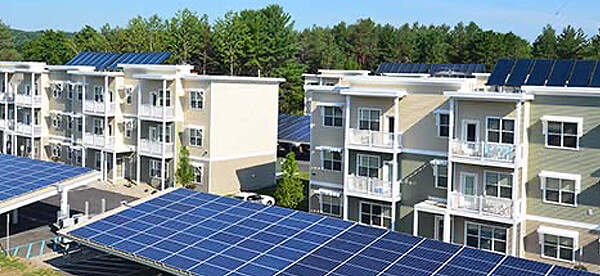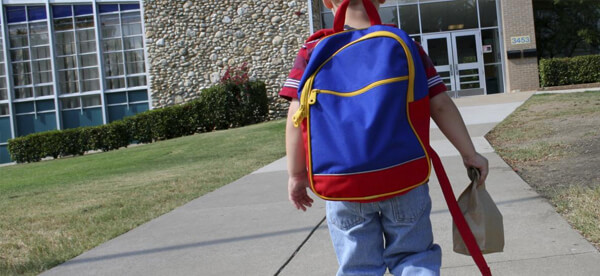As a trusted advisor and respected convener, ACEEE has been leading working groups for decades on a variety of topics related to energy efficiency. Each working group is designed to address barriers to greater efficiency and decarbonization, facilitate information sharing on trends and developments, and promote innovative policies, programs, and other best practices.
ACEEE provides technical assistance to working group members. For example, we have helped utilities develop, improve, and expand their existing efficiency programs, and we have helped local governments design and implement efficiency policies that align with their other goals (e.g., resilience, equity).
Our working group members represent utilities, state and local governments, community-based organizations, federal agencies, businesses, and advocacy groups. For a list of our current members, click here. For more detail on how these groups fit into ACEEE research, view this fact sheet.

Low-Income Energy Efficiency
Supporting 50 utilities and statewide program administrators to improve and expand low-income energy efficiency programs (since 2016)
Learn More
Electric Vehicles for Low-Income Communities
Supporting utilities’ EV programs to address the needs of low-income and marginalized communities (since 2019)
Learn More
Multifamily Energy Efficiency
Creating and expanding comprehensive building upgrade programs for multifamily housing through partnerships between utilities and the housing communities (since 2013)
Learn More
Strategic
Electrification
Accelerating the incorporation of strategic building electrification of heating and water heating into new and existing utility programs (since 2022)
Learn More
Zero-Energy
Buildings
Supporting utilities to create and expand incentive programs for zero-energy buildings (since 2020)

School Retrofits
Helping utility efficiency programs use federal infrastructure funding to accelerate retrofits in underserved school districts (since 2022)

Energy Equity
Working Group
Convening with community-based organizations to support underserved communities and ensure that efforts to electrify or improve the efficiency of buildings and vehicles are equitable (since 2019)
Learn More
Grid-Interactive Efficient Buildings
Accelerating incorporation of GEB strategies into new and existing utility programs to enhance load flexibility and grid resiliency (complete, 2020-2022)
Learn More